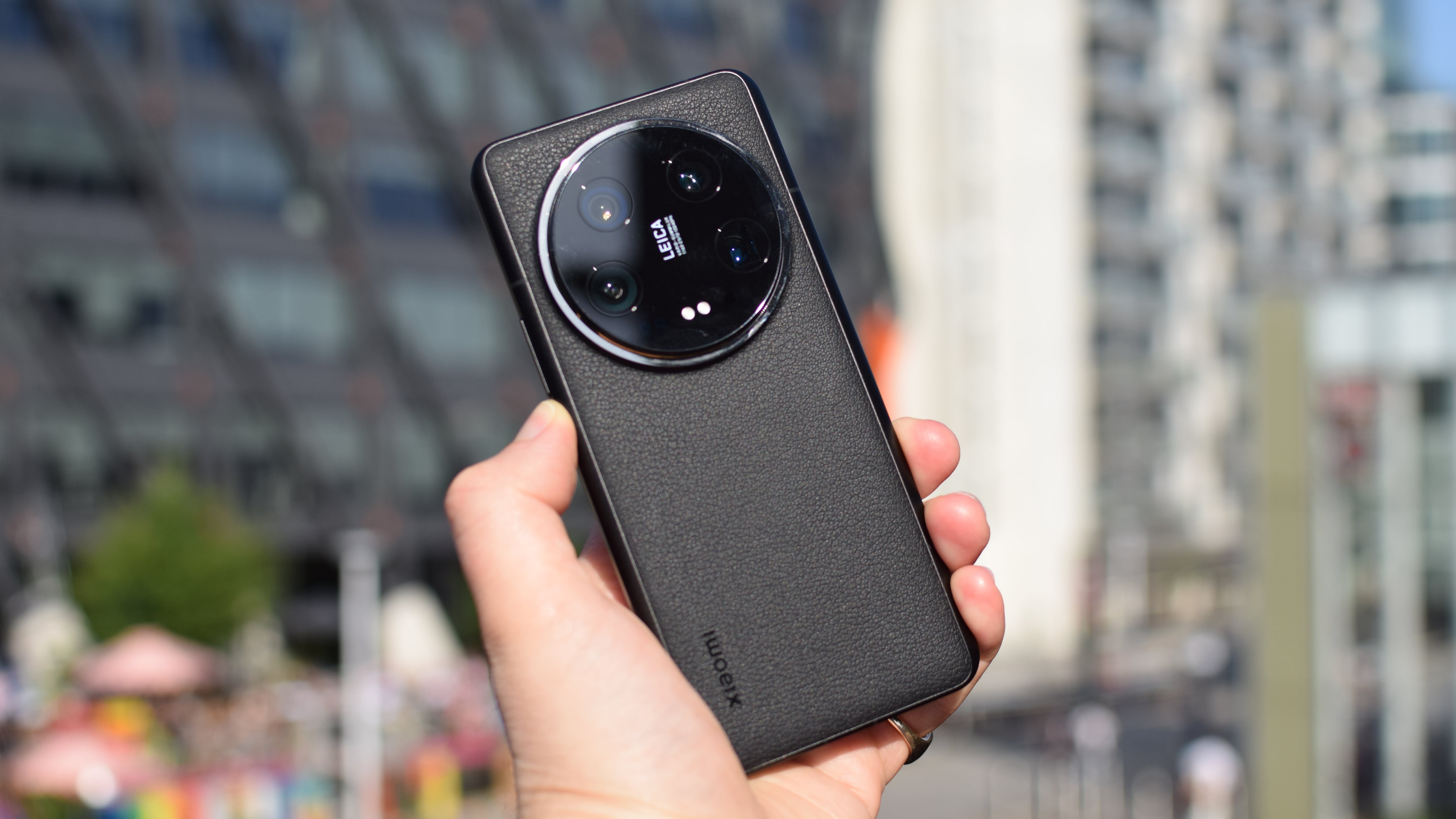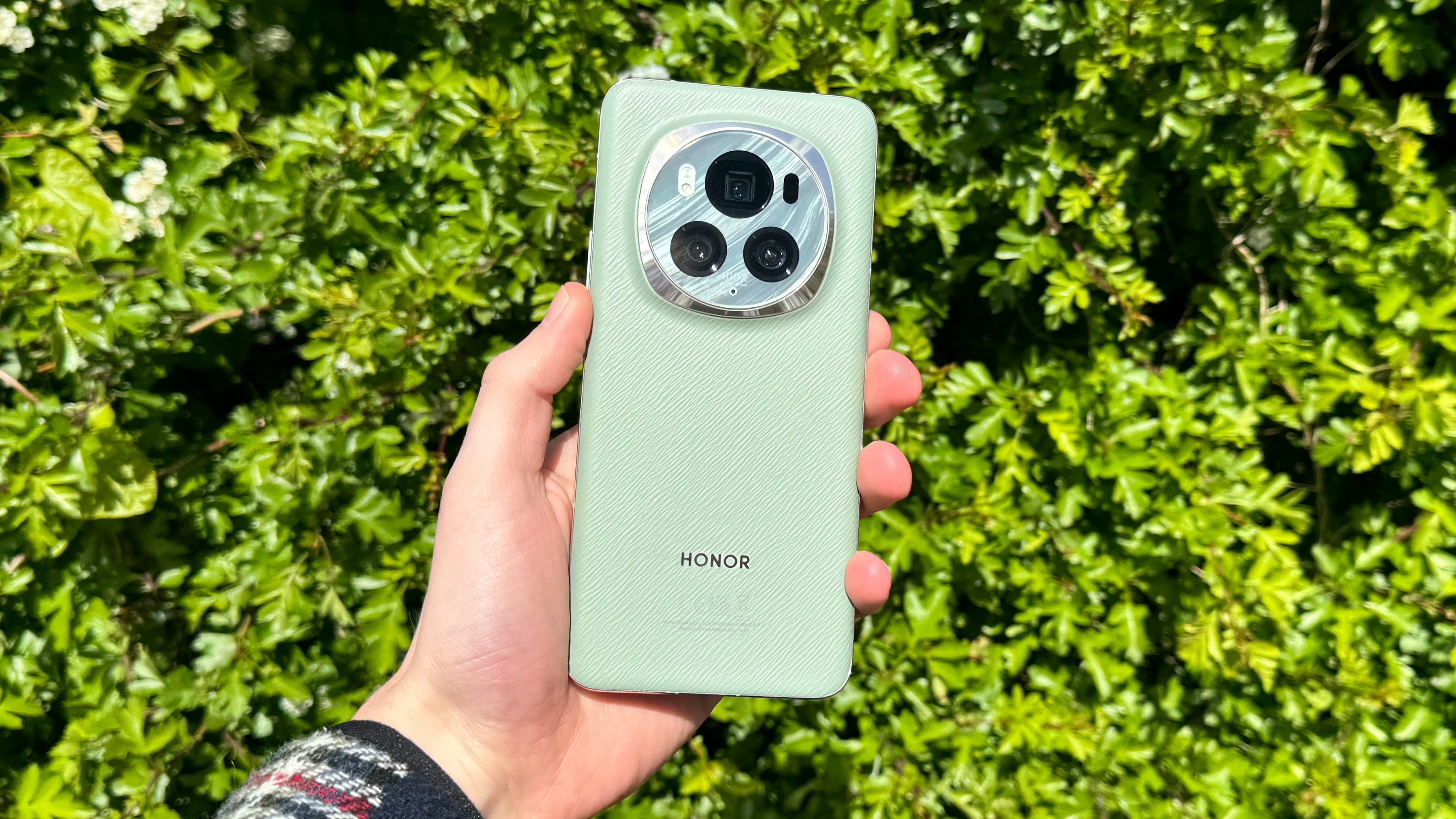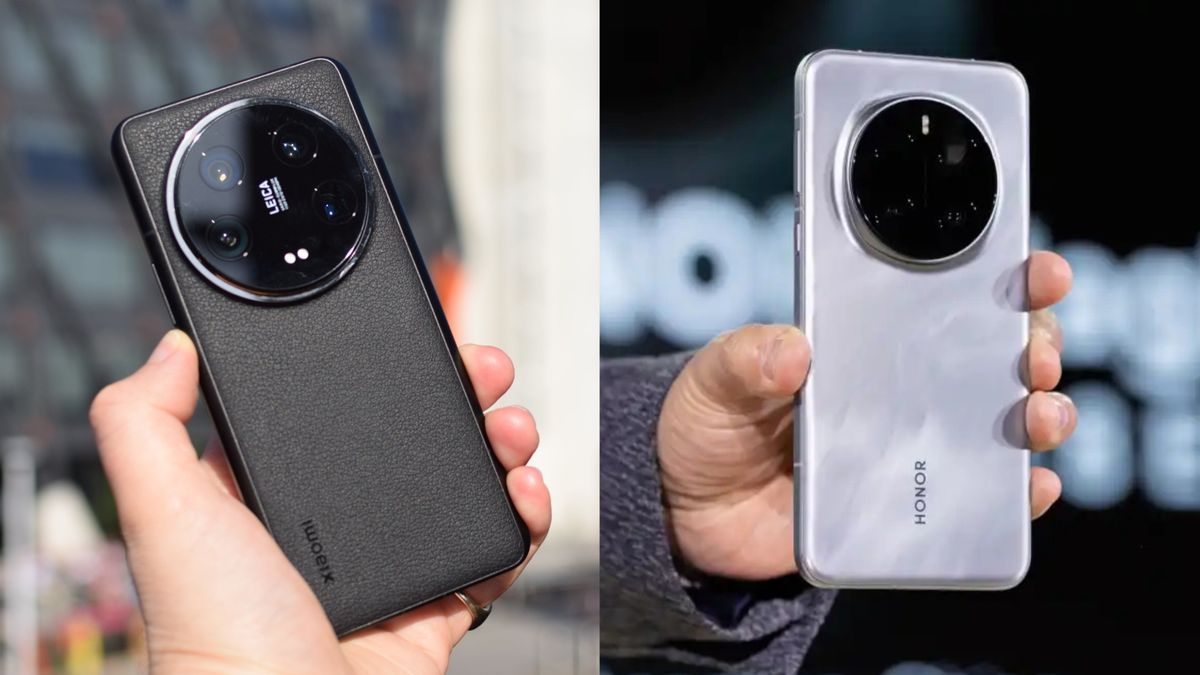Made in China: three words that are as ubiquitous as they are controversial. Pick up anything mass-produced these days – be it clothing, toys, or technology products – and there’s a good chance you’ll find this phrase emblazoned on a label or plastic underside.
In the smartphone world, devices made by Chinese brands have long been seen as a curiosity – lesser-known phones with impressive specs that are often unavailable in Western markets.
However, while it’s still very difficult to get a hold of a Chinese phone in the US, companies like Xiaomi and Oppo have made strides in either entering or returning to local smartphone scenes in the UK, Australia, and mainland Europe.
Oppo, for instance, recently returned to the UK with the Oppo Find X8 Pro, a hugely impressive device that rivals the Samsung Galaxy S24 Ultra and iPhone 16 Pro with its dazzling screen and exceptional photography capabilities.
Xiaomi, too, offers a wide range of high-end devices; our list of the best Xiaomi phones is currently capped by the Xiaomi 14 Ultra, which lives up to its name with a ludicrous quad-camera system centered on a 1-inch sensor.

At the start of the Chinese smartphone boom, the sources of inspiration for these high-spec devices were obvious. Manufacturers including Huawei and OnePlus were once associated with producing – how to put this? – affectionate renditions of more popular flagships.
For instance, the Huawei Mate 20 Pro, released in 2018, took design and software cues from the iPhone XS, while 2020’s OnePlus 8T shared an uncanny resemblance with the Samsung Galaxy S20.
This proved to be a sustainable and lucrative business practice, as these Chinese brands were generally able to undercut the competition by fairly significant margins, offering consumers iPhone- and Samsung-rivaling products at more accessible prices. For the most part, this sentiment remains true for the mid-range models offered by these companies.
However, following the smartphone industry’s switch to tiered flagship families, there seems to be a different priority in mind for high-end Chinese mobile makers: overtaking the Western competition.
Better products, bigger prices

The Xiaomi 14 Ultra, for example, retails for £1,299 (around $1,650) – that’s even more than the most expensive globally available slab phone, the Samsung Galaxy S24 Ultra, which starts at $1,299 / £1,249 / AU$2,199.
And while other brands aren’t pushing the envelope quite as much as Xiaomi, phones like the Oppo Find X8 Pro (£1,050 / AU$1,799) and Honor Magic 6 Pro (£1,099) still approach or exceed the price of premium flagships from Apple, Google, and Samsung.
The modus operandi for Chinese flagship challengers has changed: where previously these companies sought to offer comparable performance at cheaper prices, now they’re focused on delivering better performance at bigger prices.
Keep in mind, too, that we’ve yet to see the rumored Oppo Find X8 Ultra surface, which will no doubt carry an even heavier price tag than its Pro counterpart.
Similarly, while the globally available OnePlus 12 does surpass the iPhone 16, Samsung Galaxy S24, and Google Pixel 9 on many spec fronts, it also matches them all on price at $799 / £849 – meanwhile, last year’s OnePlus 11 was notably cheaper, at $699 / £729 / AU$1,199.
This is to say that the modus operandi for Chinese flagship challengers has changed: where previously these companies sought to offer comparable performance at cheaper prices, now they’re focused on delivering better performance at bigger prices.
Of course, the likes of Xiaomi, OnePlus, and Honor are well within their rights to shift their strategies in such a way; after all, they’re producing high-quality devices. But the fact remains that from a consumer perspective, the days of nabbing a flagship-level phone for a mid-range price could be coming to an end.
So, if you’re looking for a powerful phone, don’t mind using Android, and aren’t particularly loyal to a major brand, it might be wise to pick up a high-powered Chinese phone before the de facto discounts disappear completely.
For more on the latest smartphones from all over the world – including the tri-folding Huawei Mate XT – be sure to check out our phones coverage. And for specific advice on the best Chinese phones, we’ve got you covered with our lists of the best Xiaomi phones, best Honor phones, and best OnePlus phones.


Comment here